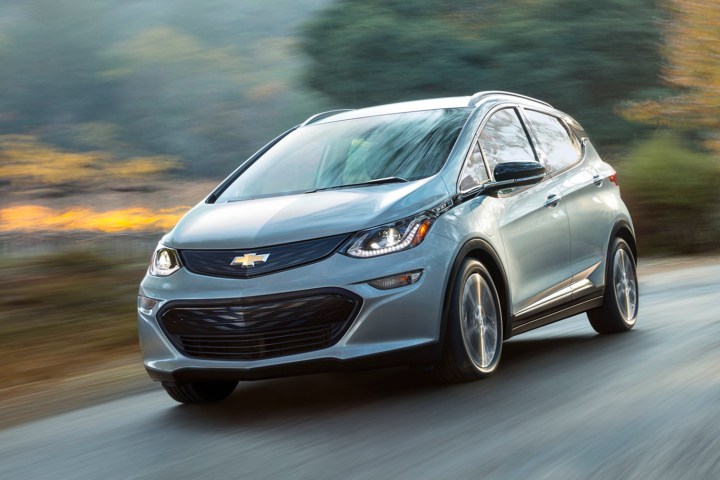
Cruise’s “deep software talent and rapid development capability” will help speed up the development of autonomous cars, GM says. The deal, will reportedly worth around $1 billion, is expected to close in the second quarter and will make Cruise an “independent unit” within GM’s recently created Autonomous Vehicle Development Team. Cruise will continue to be based in San Francisco, where it has operated since its founding.
Stared in 2013, Cruise’s first tangible product was an autonomous-driving system that could be retrofitted to existing cars. Called RP-1, it debuted in 2014 with a $10,000 price tag, and the purported ability to control a car’s throttle, brakes, and steering in highway driving conditions. The initial version only worked with Audi A4s built from 2012 on, and included a roof-mounted sensor pod and a control computer mounted in the trunk.
Besides Cruise, General Motors already has some autonomous-car irons in the fire. It still plans to debut its “Super Cruise” autonomous driving tech on Cadillac models, although that launch was recently pushed back to sometime next year. This year, the company will also deploy a fleet of self-driving 2017 Chevrolet Volt prototypes to shuttle employees around its Warren Technical Center in Michigan.
GM views its autonomous car research as related to increased involvement in mobility services. The General is investing $500 million in Lyft, and recently launched the Maven brand as an umbrella for different ongoing car sharing and ride sharing projects. The autonomous Volt fleet will also be coordinated using a car-sharing app.
Many analysts believe self-driving cars will greatly enhance the effectiveness of ride sharing services, as well as disrupt traditional car ownership, and it seems GM is preparing for that future.
Editors' Recommendations
- Beleaguered robotaxi startup Cruise lays off quarter of workforce
- Cruise woes prompt production halt of fully driverless van
- Dubai Police to deploy driverless patrol cars with AI smarts
- Cruise says it’s nearing approval for mass production of futuristic robotaxi
- Robotaxi firm Cruise ordered to halve fleet following incidents


